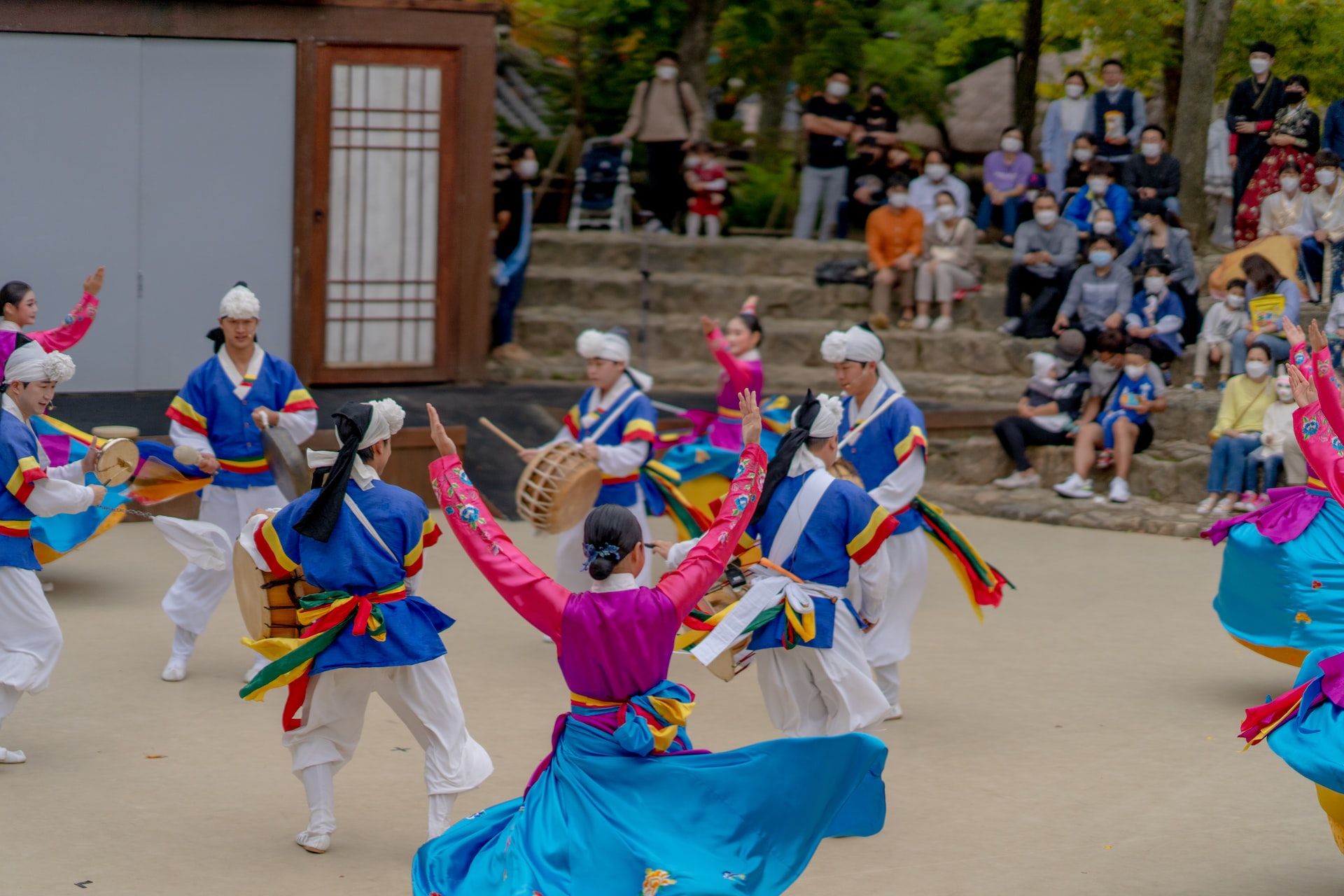Study Abroad Program for East Asian Studies Majors
The Department of East Asian Languages and Cultural Studies strongly encourages its students to study abroad through the UC Education Abroad Program (UCEAP). East Asia is now solidly a global center of economic production, innovative cultural trends, and traditional lifestyles. Today, no one’s education is complete without a deep knowledge of the East Asian world. And there’s no better way to deepen your understanding than to spend time in East Asia—in China, Japan, Taiwan, Korea, or Hong Kong—and experience the excitement of life there in all its complexities and fascination.


High-tech cityscapes and ancient temples in remote mountains, multinational companies and beach resorts, traditional cuisine and avant-garde art—these are all glimpses of some of our world’s future trends, and you will be able to navigate them in the local languages in the company of local people. Study in East Asia is a unique educational opportunity, a powerful career-boosting decision, and, above all, a wonderful life-changing experience. Through UCEAP, you can choose to study at over 150 universities in 40 different countries. The program is flexible so that you stay on track to graduate on time and even transfer your financial aid. So why not spend a summer, a semester, or a year in Taipei, in Tokyo, or in Seoul? You also have the opportunity to study the global impact of East Asian cultures in universities outside of East Asia, such as in Europe, South America, Africa, or Australia.
Why study abroad?
Beyond academic competence, a generally unmeasurable result of education is the change it brings about in an individual’s thought processes and modes of experiencing the world. It is perhaps one of the greatest unacknowledged rewards of an education. Such change is as much the result of the context of one’s studies as it is of their content.
For students in the Department of East Asian Languages and Cultural Studies, nothing can compare with the context of living in Asia. No amount of classroom work can replace living for an extended period of time immersed in the culture of the country you are studying.
Some students go in order to improve language skills. Others go to gain a new perspective of the world. Some use the experience to build their resumes in preparation for government service, graduate school applications, or international business. And some go just for the amazing adventures: taking a local bus along hair-raising mountain roads in Taiwan, watching Kabuki in Tokyo, climbing the Great Wall of China, dancing in the clubs of Hong Kong, or singing karaoke in Korea. Regardless of the reasons for going, nearly all students return from abroad with a new perspective not only of the social, cultural, and political context of a foreign country, but a new appreciation of the strengths and weaknesses of their own country as well. Some students find their lives or career choices transformed by their study abroad experience. Many find that adjusting to a foreign way of living and studying is a time of great personal growth that enhances their confidence and sense of self in ways that translate to many other pursuits. College is the time for exploration.
East Asian studies majors and minors have studied abroad at a wide range of international institutions, taking courses on topics from business and economics to classical literature at Peking University (China), Buddhist philosophy to popular culture at Keio University (Japan), and Korean art history to foreign relations at Yonsei University (Korea).
For more information about studying abroad, see EAP’s East Asian Languages and Cultural Studies page.
UCSB students are eligible to receive scholarship support to add an internship to their coursework abroad. The UCSB EAP Freeman Foundation Internship Scholarship provides $3,000-$6,000 for students pursuing an academic internship through their UCEAP program. This is available only in select UCEAP programs in East Asia. Interested students must apply to both their UCEAP program and to the Freeman Internship program and be accepted by both. The Freeman application deadline for Spring 2025 programs is May 13, 2024. Check here for UCEAP program-specific application deadlines.
Explore our database for a list of classes taken abroad for credit in the East Asian Languages and Cultural Studies major and minor.



